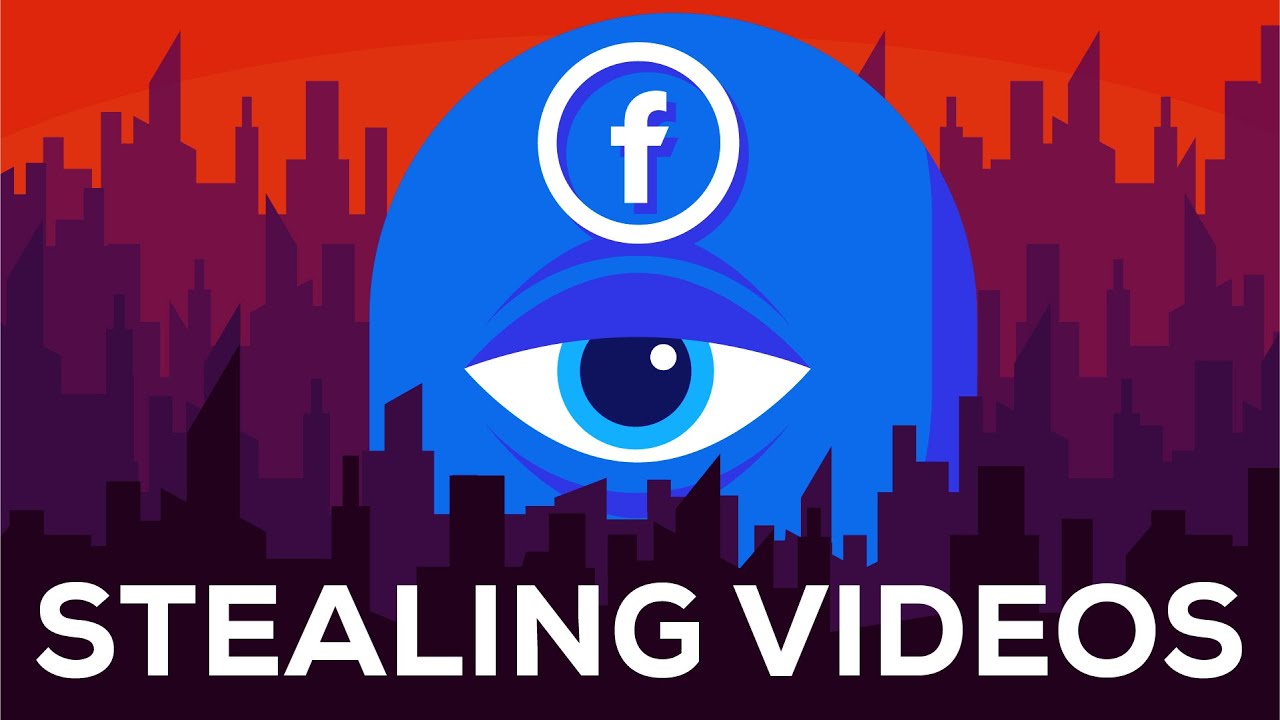That said, there also is some disturbing evidence that by NOT being present on the Internet, you could get in trouble. Someone could pretend to be you and post damaging content. Or someone could post something about you, whether it being true, out of context or even fake. And since there is no “your side of story” to be found, people could automatically assume that this information is true.
There is a little backstory: A while ago, I was worried about an awkward picture of me that someone had posted on the internet (no, it’s not the one where I wear a giant leaf on my head…). In my desperation, I did some research on how to get stuff deleted from the Internet - and the answers I found were making me pretty uncomfortable. *
Basically, if you wanna delete some content about you from a website or social media account you are not in charge of, here is what the Internet (= some professional tech people) suggests you do:
1.) Contact the webmaster of that particular website (or the owner of the social media profile) and ask them to take it down.
OK, that sounds reasonable, but wait for it…
2.) If they refuse to take it down, create MORE content about yourself, so that the unwanted content is buried by this new and “better” content.
I find that whole idea very disturbing. And it’s not a solution at all.
First of all the content isn’t really gone. Everyone can still find it.
Second of all, I never really wanted to participate in this whole thing. Now I’m pretty much forced to do so. And yet things will still not be under control.
So basically, if you don’t want to be part of the Internet, you have to live with the fact that someone, at some point in your life, could make you part of it. It’s probably just a matter of time. And it could even turn out to be trouble. Someone could not only post an embarrassing picture of you, but ruin your reputation by posting damaging content. In some cases, simply taking a quote or picture out of context, could ruin someone’s life - online and offline. Not to mention manipulated or faked content…
I’m in no way saying that all this is a valid reason to join the club, but it is something to keep in mind and be aware of. It seems as if we are actually in charge of both our own online presence and absence, yet in reality we have little control over it. The Internet however likes us to believe that we can take control and the only way to do so, is by joining it.
* By the way, I eventually found my own solution on how to deal with that embarrassing picture. I’m still confronted with it by real-life people once in a while and I tried all those grown-up ways to get over it (you know… like embracing it, accepting it, putting it in perspective, getting professional counseling…). Some of it worked, some of it didn’t. But my last resort is the following realization: Screw the Internet. This too will pass. Everything is Impermanent!
Oh social media… the bane of my existence.







